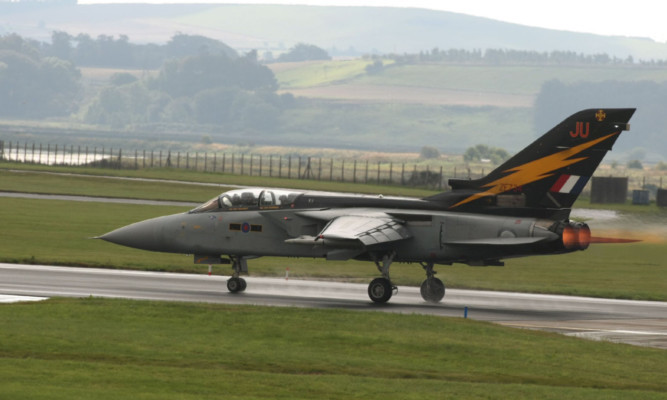A process that could deliver a major boost for the economy of Scotland and the country’s transport links is cleared and ready for take-off.
The air passenger duty stakeholder forum’s first meeting has been held into the tax that adds £13 to each domestic flight.
Campaigners say the tax on flying is bad for business, increasing the costs of UK companies trading internationally and international companies doing business with the UK.
It is also bad for businesses dependent on domestic air travel.
The British Chambers of Commerce calls APD “a trade tax on global traders”. Many leading business groups say reducing APD would boost the UK economy, support our travel and tourism sector and make it cheaper for companies to trade.
Research by PWC has suggested that scrapping APD altogether could create 61,000 jobs in the UK and boost the economy by £18 billion.
Only six EU countries levy a similar tax, but the UK has the most expensive APD in Europe. APD was originally £5 per person for short-haul flights, and £10 elsewhere when introduced in 1994, but passengers now pay more than £70 on long-haul flights.
After the Smith Commission’s report last year, the Scottish Government announced plans to reduce APD on flights leaving Scottish airports by 50%.
North of the Border this has been welcomed, but there are concerns that its implementation in Scotland would be detrimental for other parts of the UK, distorting the aviation and tourism markets.
The UK implications are for another forum, but the Scottish Government has put the issue on the runway by pledging to reduce APD by 50% within the first term of the next Scottish Parliament, with a view to abolishing it when public finances allow.
The forum has been set up to help design a replacement which better meets the needs of Scotland’s economy.
Members have been drawn from a range of sectors including airlines, airports, business representatives, tax and environmental organisations.
Deputy First Minister John Swinney said: “Scotland’s airports are busier than ever and the Scottish Government wants to see that success grow further to the benefit of passengers, business, tourism and our wider economy.”
He added: “Scotland is already an attractive destination for business and inbound tourism.
“We want to open up Scotland to key and emerging markets to capitalise on the opportunities that exist.”
The Scottish Government has been backed by Edinburgh Airport Scotland’s busiest whose chairman Sir John Elvidge said: “APD is placing a drag on Scotland’s economic growth, costing jobs and millions of pounds in lost revenue.”
Airlines agree, and taking action on the tax would have benefits beyond the country’s bigger airports.
Air links to Tayside and north Fife have long struggled to reach viability, with Dundee Airport the scene of many failed services. Riverside is unfeasible for commercial operators who have also rebuffed suggestions to consider the potentially more attractive former RAF Leuchars base.
Ryanair have said they would think again about using regional airports like Leuchars or even Dundee if APD was scrapped and air fares become cheaper.
Improved connectivity through reduced or removed APD would deliver a major boost to the economy of Dundee and its surrounding area.
Fasten your seatbelts!
